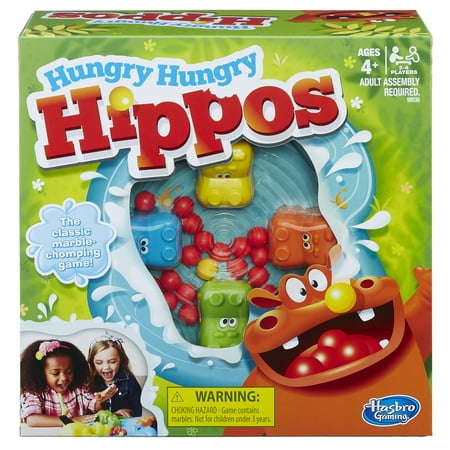Topps 2021 Series 1 MLB Baseball Trading Cards Relic Box- 98 Cards | Exclusive Relic Card | 2 Walmart Exclusive Blue Parallels
Signaling the start of Baseball for 2021, Topps Series 1 hits store shelves February 2021.
Topps 2021 Series 1 MLB Baseball Trading Cards Relic Box- 98 Cards | Exclusive Relic Card | 2 Walmart Exclusive Blue Parallels
Signaling the start of Baseball for 2021, Topps Series 1 hits store shelves February 2021.This year’s release will celebrate the 70 years of Topps Baseball Cards, highlighting new rookies, modern-day stars, and the legendary players who have played America’s Pastime.Collectors will find all-new autographs, relics, and inserts in packs of this series celebrating the rich history of Major League Baseball® and Topps, on this Platinum Anniversary.
Each box contains seven (7) packs. Each pack contains fourteen (14) 2021 Topps Baseball Series 1 Cards. Includes one (1) exclusive Relic Card per box and two (2) Walmart Exclusive Blue Base Parallel Cards.
Additional information
| Assembled Product Weight | 0.54 lb |
|---|---|
| Assembled Product Dimensions (L x W x H) | 3.70 x 2.80 x 5.10 Inches |






Reviews
There are no reviews yet.